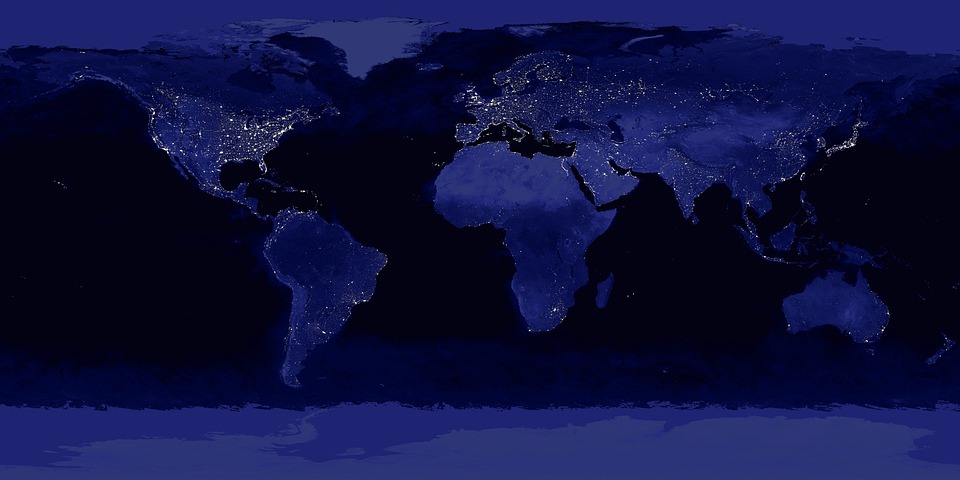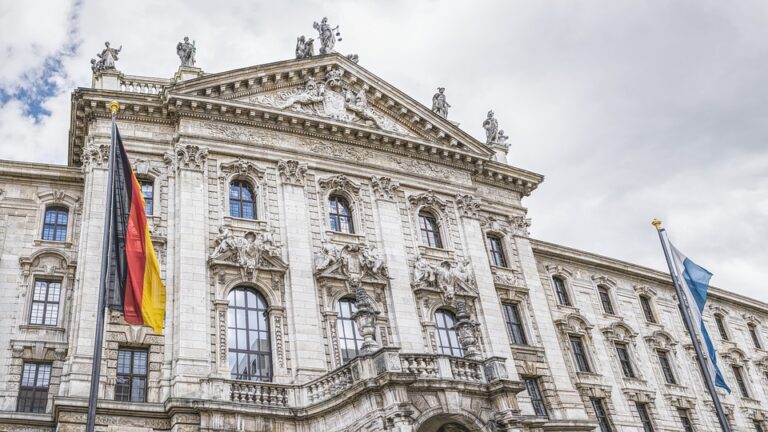Populism and Its Global Appeal: An In-Depth Exploration

Populism has emerged as one of the most defining forces in global politics, shaping democracies, influencing policies, and driving a wave of anti-establishment sentiment worldwide. As 2024 unfolds, the prominence of populist movements across various regions is both a cause for celebration among some and concern for others.
What Is Populism?
Populism is often defined as a political approach that seeks to represent “the people” against “the elites” or other perceived adversaries. It thrives on dichotomies, pitting insiders against outsiders, and promoting a narrative of restoration and empowerment for the common citizen.
Key Characteristics:
- Anti-Elite Rhetoric: Populists often criticize political elites, corporate powers, and established institutions.
- Nationalism and Identity Politics: Many populist leaders emphasize national sovereignty and cultural preservation.
- Direct Leader-Citizen Connection: Leaders often bypass traditional intermediaries like media and political parties, engaging directly with citizens through rallies, social media, and grassroots campaigns.
The Rise of Populism: A Historical Perspective
Populism is not a new phenomenon. Its roots can be traced back to movements like the 19th-century People’s Party in the United States and the Russian Narodniks.
However, the modern wave of populism began to gain momentum in the late 20th century, with leaders such as Hugo Chávez in Venezuela and Silvio Berlusconi in Italy.
Historical Highlights:
- 1980s and 1990s: Latin America witnessed a surge in populist leaders advocating for wealth redistribution and anti-imperialism.
- 2000s: Right-wing populism gained traction in Europe, with parties like the National Front in France emphasizing anti-immigration policies.
- 2010s: The election of Donald Trump in the United States and the Brexit referendum in the UK underscored populism’s appeal in established democracies.
Current Trends in Populism (2024)
As of 2024, populism continues to reshape global politics. Recent events and studies highlight its evolving nature and regional variations.
- Europe: The 2024 European Parliamentary elections saw significant gains for far-right and far-left populist parties. The rise of parties like Alternative for Germany (AfD) reflects growing discontent with immigration policies and EU governance.
- United States: The populist rhetoric remains central to the political discourse, with upcoming elections shaping narratives around cultural identity and economic reform.
- Latin America: Leaders like Nayib Bukele in El Salvador epitomize a blend of authoritarian governance and populist appeal, leveraging digital platforms for direct communication with citizens.
- Asia: India under Narendra Modi demonstrates the integration of cultural populism with majoritarian governance, emphasizing Hindu nationalism.
What Drives Populism’s Appeal?
Populism’s appeal lies in its ability to resonate with diverse groups by addressing their specific grievances.
- Economic Disparities:
- Widening income gaps and job insecurity fuel socio-economic populism.
- Movements like the French “Yellow Vests” reflect frustrations with neoliberal economic policies.
- Cultural Identity:
- Globalization and immigration have intensified fears of cultural erosion, driving support for nativist populism.
- Technological Advancements:
- Social media amplifies populist messaging, enabling leaders to bypass traditional media gatekeepers and connect directly with their base.
- Institutional Disillusionment:
- Populists capitalize on the perception that traditional institutions—governments, media, and international organizations—are unresponsive to citizen needs.
Case Studies of Populist Leaders
- Donald Trump (USA): Leveraged economic nationalism and cultural populism to appeal to a broad base of disenchanted voters.
- Viktor Orbán (Hungary): Promoted anti-immigration policies and centralized power, framing himself as a defender of European Christian identity.
- Andrés Manuel López Obrador (Mexico): Combines left-wing economic populism with anti-elite rhetoric.
- Marine Le Pen (France): Represents a significant force in European right-wing populism, advocating for strict immigration controls and nationalism.
The Impact of Populism
- Democratic Erosion:
- Populist leaders often weaken institutions like the judiciary and free press to consolidate power.
- Examples include the suppression of dissent in Turkey under Recep Tayyip Erdoğan.
- Social Polarization:
- Populist rhetoric intensifies divisions along cultural, ethnic, and economic lines.
- Policy Shifts:
- Emphasis on short-term gains, such as protectionist trade policies, often leads to long-term challenges.
Countering Populism
- Strengthening Institutions:
- Reinforcing the independence of democratic institutions can mitigate the risks posed by populist governance.
- Addressing Root Causes:
- Tackling economic inequality and improving public services can reduce the grievances that fuel populist sentiment.
- Promoting Civic Education:
- Educating citizens about the importance of pluralism and democratic values is crucial for fostering resilience against divisive rhetoric.
Conclusion: The Path Forward
Populism, with its potential to both empower and divide, remains a powerful force in global politics. As nations navigate the complexities of economic, cultural, and technological change, understanding and addressing the factors driving populism is essential for fostering more inclusive and resilient democracies.
In a rapidly evolving world, the challenge lies not in suppressing populism but in channeling its energy towards constructive reform. By bridging divides and addressing the concerns of marginalized communities, leaders can build a future where democracy thrives amidst diversity and change.






